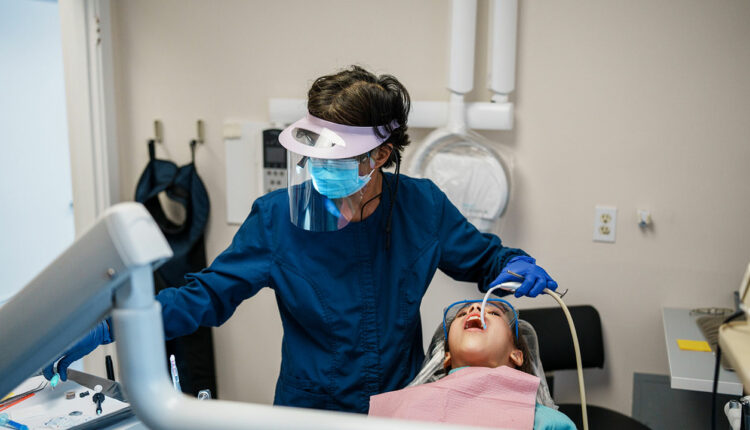
ADHA Pushes Back on ADA Resolutions Impacting Dental Hygiene Education and Practice
The American Dental Hygienists’ Association (ADHA) has voiced strong opposition to recent American Dental Association (ADA) resolutions that remove required faculty-to-student ratios in dental hygiene programs and permit unlicensed individuals to perform dental hygiene services. ADHA urges the ADA to seek collaborative, standards-based solutions to address workforce shortages without compromising patient safety and professional integrity.
The ADA’s recent policy changes have sparked widespread concern within the dental hygiene community. Under the new resolutions, faculty-to-student ratios in dental hygiene education programs have been eliminated, and unlicensed practitioners—including dental students and foreign-trained dentists—can perform dental hygiene procedures in the United States without first passing state licensing exams.
ADHA President Erin Haley-Hitz, RDH, BSDH, MS, FADHA, MAADH, argues that these resolutions jeopardize both educational quality and patient safety, potentially diminishing professional standards that safeguard public health. Instead of bypassing licensure requirements, Haley-Hitz recommends that efforts focus on enhancing workplace conditions, expanding professional development opportunities, and offering competitive benefits to attract and retain skilled practitioners.

Editor in Chief of Dimensions of Dental Hygiene and President of the International Federation of Dental Hygienists, Jill Rethman, RDH, BA, FADHA, shared a critical perspective on these resolutions: “Top of mind for any healthcare professional is to do what’s right for patients. Doing what’s right means not only effective and appropriate care, but care that is rendered by clinicians who are skilled, trained, and dedicated to their role. With that in mind, this is the question that needs to be asked regarding the ADA resolutions: How do they achieve our mission of doing what’s right for patients? Frankly, it’s an easy question to answer. And it’s the most important question of all.”
The ADHA is calling on the ADA to work together to find responsible solutions that respect the distinct roles of each profession while upholding the highest standards of public health. The association stresses that workforce challenges should not be addressed at the expense of patient safety or the integrity of the dental hygiene profession. Click here to read more.

